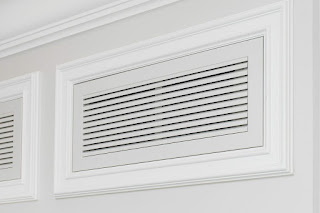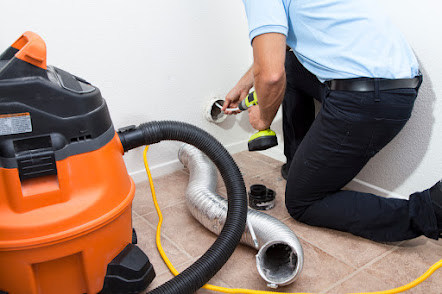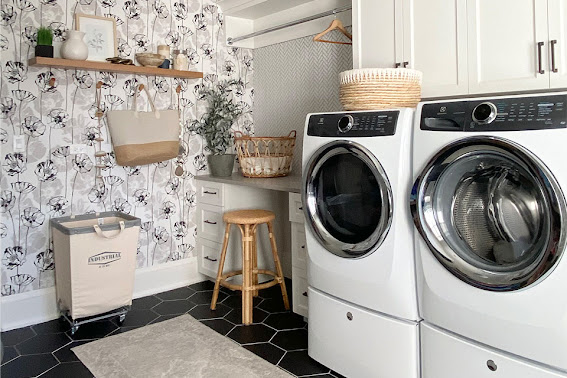Maintaining a Safe and Efficient Fireplace: How Often Should a Chimney be Cleaned?
A roaring fireplace provides warmth, comfort, and an inviting ambiance to any home. However, it's important to remember that behind the cozy flames lies a critical aspect of maintenance: chimney cleaning. Regular chimney cleaning is not only crucial for the efficient operation of your fireplace but also for the safety of your household. So, how often should a chimney be cleaned? Let's delve into the factors that influence the cleaning frequency and why it's essential to stay on top of this maintenance task.
Frequency Guidelines:
The frequency of chimney cleaning can vary depending on several factors, including the type of fuel you burn, the type of chimney you have, and how often you use your fireplace. Here are some general guidelines to consider:
Wood-Burning Fireplaces:
If you frequently burn wood in your fireplace, it's recommended to have your chimney cleaned annually. The combustion of wood can lead to the buildup of creosote, a highly flammable substance that can accumulate on the chimney walls. Regular cleaning helps prevent creosote buildup and reduces the risk of chimney fires.
Gas Fireplaces:
While gas fireplaces produce fewer creosote deposits compared to wood-burning fireplaces, they still require regular maintenance. An annual inspection and cleaning are advisable to ensure proper venting and to address any issues that might arise.
Pellet Stoves:
Pellet stoves burn compressed wood pellets and can also produce creosote buildup. An annual chimney cleaning is generally recommended for pellet stoves.
Oil and Coal Appliances:
If you use oil or coal-burning appliances, these tend to produce more soot and debris. In such cases, a semi-annual chimney cleaning may be necessary.
Infrequent Use:
Even if you use your fireplace infrequently, an annual inspection is still recommended. Birds, animals, and debris can find their way into your chimney, potentially causing blockages or other issues.
Importance of Regular Cleaning:
Prevent Chimney Fires:
Creosote buildup is a major contributor to chimney fires. These fires can be highly destructive and pose a significant risk to your home and safety. Regular cleaning reduces the accumulation of creosote and minimizes the chance of a chimney fire.
Maintain Efficiency:
A clean chimney promotes efficient airflow, allowing smoke and gases to escape effectively. An obstructed chimney can lead to poor combustion, decreased heating efficiency, and even carbon monoxide buildup indoors.
Identify Issues:
Air duct cleaning delaware includes an inspection that can uncover potential problems such as damaged masonry, cracks, and structural issues. Addressing these problems early can save you from more extensive and costly repairs down the line.
Extend Chimney Lifespan:
Routine maintenance extends the life of your chimney and fireplace system. A well-maintained chimney is less likely to deteriorate prematurely, saving you money on repairs and replacements.
In conclusion, the frequency of chimney cleaning delaware depends on factors like the type of fuel burned, how often the fireplace is used, and the type of chimney in place. Regular cleaning not only ensures your fireplace operates efficiently but also safeguards your home from potential hazards. To determine the optimal cleaning schedule for your chimney, it's wise to consult a professional chimney sweep who can assess your specific situation and provide tailored recommendations. Remember, a well-maintained chimney contributes to a safer and cozier home environment.




Comments
Post a Comment